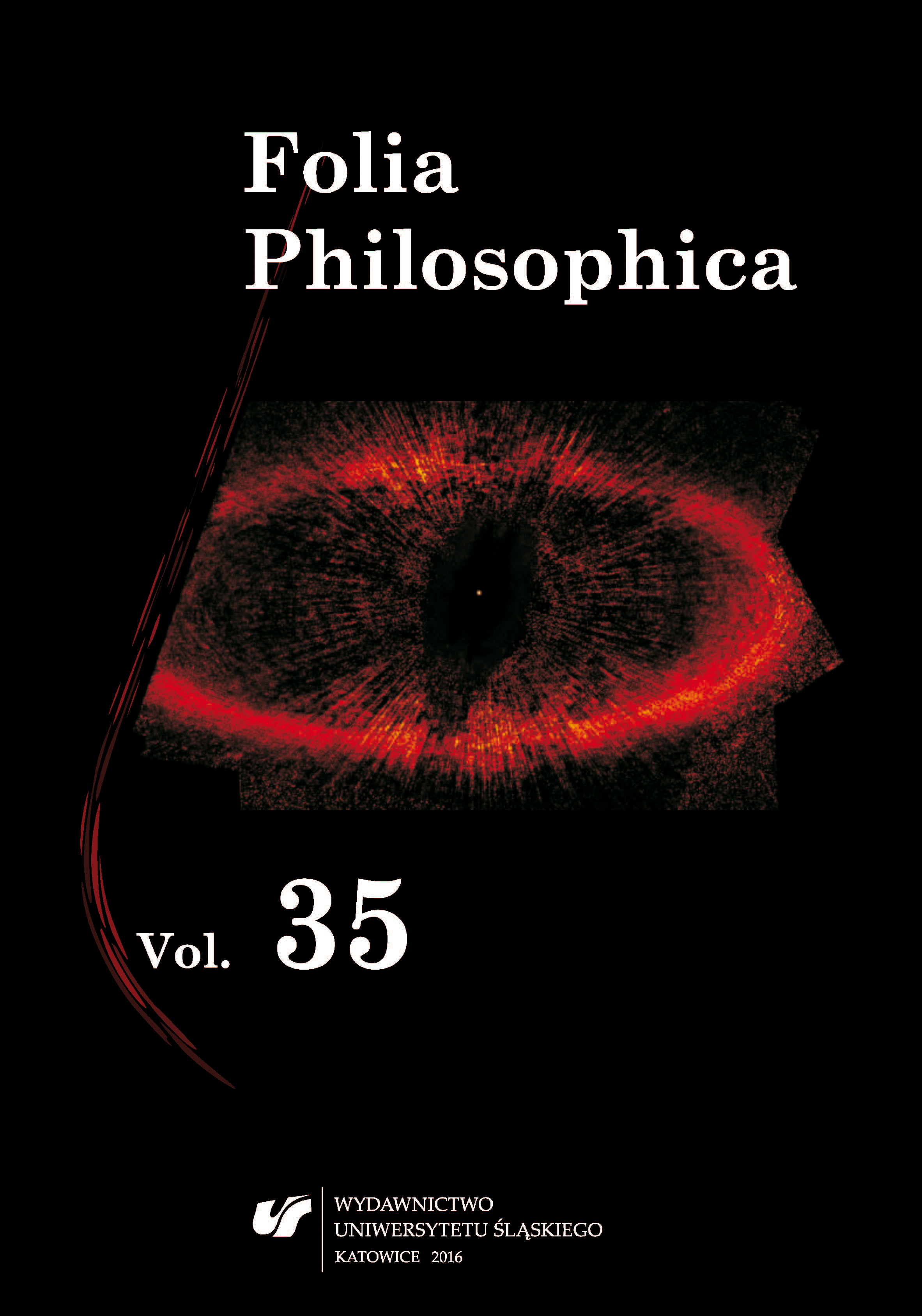Philosophical and Mathematical Correspondence between Gottlob Frege and Bertrand Russell in the years 1902—1904. Some Uninvestigated Topics
Philosophical and Mathematical Correspondence between Gottlob Frege and Bertrand Russell in the years 1902—1904. Some Uninvestigated Topics
Author(s): Gabriela BeslerSubject(s): Philosophy, Semiology, Logic, Civil Society, Comparative Study of Literature, Other Language Literature, Early Modern Philosophy, Analytic Philosophy, Government/Political systems
Published by: Wydawnictwo Uniwersytetu Śląskiego
Keywords: Gottlob Frege; Bertrand Russell; objects; logical types; classes; function; sense; references
Summary/Abstract: Although the connections between Frege’s and Russell’s investigations are commonly known (Hylton 2010), there are some topics in their letters which do not seem to have been analysed until now: 1. Paradoxes formulated by Russell on the basis of Frege’s rules: a) „»ξ can never take the place of a proper name« is a false proposition when ξ is a proposition”; b) “A function never takes the place of a subject.” A solution of this problem was based on the reference/sense theory and on the distinction between the first- and second-level names (Frege). 2. The inconsistency in Frege’s system may be avoided by the introduction of: a) a new kind of objects called quasi-objects (Frege); b) logical types (Frege and Russell); c) mathematics without classes (Russell); d) some restrictions on the domain of function (Frege). 3. Since the inconsistency is connected with a class, what is class? In one of the letters, Frege compared a class to a chair composed of atoms. This approach seems to be similar to the collective understanding of a set (Stanisław Leśniewski). 4. Russell doubted that the difference between sense and reference of expressions was essential. Hence, Frege found some additional reasons to distinguish between them: semiotic, epistemological, from identity, and from mathematical practice. This discussion can be seen as a next step in developing the theory of descriptions by Bertrand Russell.
Journal: Folia Philosophica
- Issue Year: 2016
- Issue No: 35
- Page Range: 85-100
- Page Count: 16
- Language: English

